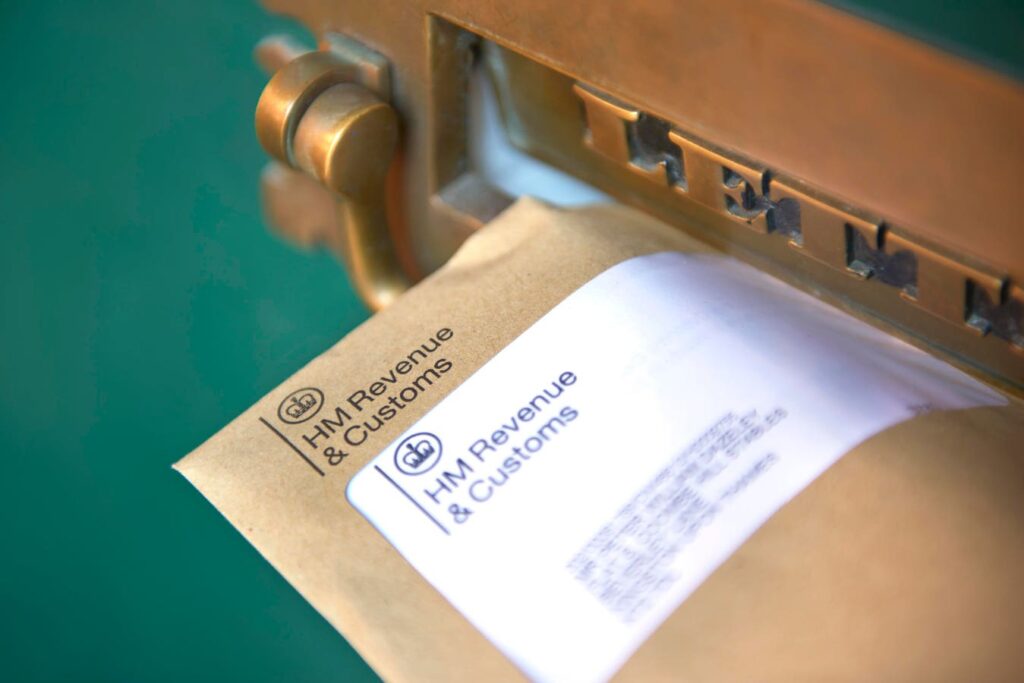The UK tax regime applicable to non-domiciled individuals will be replaced with a residence-based regime from April 6, 2025 under The Finance Act 2025. The Act changes the rules significantly for non-domiciliary, most noticeably abolishing the remittance-basis of taxation and replacing it with a residence-based regime. Therefore, all UK residents residing in the country for more than 4 years will be subject to tax on their worldwide income and gains. The Act provides for a complete exemption for new qualifying residents of the UK pursuant to the 4-Year Foreign Income and Gains (FIG) Regime. However, the FIG benefit is only available for the first four years of UK residence for individuals who became UK tax residents after 10 years of non-UK tax residence. The tax treaty between the US and UK mitigate many of the double tax issues that may arise for citizens of both countries. Article 5 of the treaty determines allocation of taxing right on each country considering domicile and residency. Additionally, the UK defines trusts differently from the US. The Act may subject certain commonly used trusts to avoid probate in the US to additional UK tax.
US Revocable Trusts Subject to UK Inheritance Tax
A common estate planning technique to avoid probate in the US is to place all assets without beneficiary designations into a grantor trust. The trust assets are fully accessible to the settlor and the settlor remains subject to income and estate taxes on the assets in the trust. However, the trust is considered a non-probate asset and avoids the often tedious and lengthy process of court administration of an estate at the death of the settlor.
The estate tax system in the US and the inheritance tax regime (IHT) in the UK tax the estate of decedents. The US system imposes the estate tax on US citizens on all assets anywhere in the world. The UK system subject a UK domiciliary to tax on the domiciliary’s worldwide assets, subject to treaty benefits. However, prior to the Act, the IHT did not apply to non-UK assets on certain excluded property trusts. A revocable trust could be designed to qualify as an excluded property trust and prevent taxation under the IHT. If the trust was settled by an individual with non-UK assets as a non-domiciliary in the UK, the trust would have qualified as an excluded property trust. However, the Act abolished excluded property trusts, exposing US revocable trusts holding non-UK property to IHT as high as 40%. Among various factors, the Act subjects individuals to the IHT based on residence in the UK for at least 10 of the last 20 years instead of the previous domicile test. The new tax regime may subject revocable trusts with the beneficiary as settlor who is a UK long-term resident, to the 40% IHT.
Changes to Trusts to Avoid UK Tax
The Act subjects settlors of US revocable trusts with UK long-term residency to IHT and the inheritance tax of the trust may vary based on the residency status of the settlor. The trust would, accordingly, also be subject to the UK system of 10-year anniversary charges and exit charges on trusts when assets are distributed from the trust or when the settlor ceases to be a long-term resident. Additionally, for trusts settled after October 30, 2024, the 40% UK inheritance tax may also apply to decedents who were settlors and beneficiaries of a trust, as is the case commonly for US revocable trusts. Amending such trusts to have beneficiaries who are not UK residents or domiciled may be effective to prevent this additional tax exposure to trusts that were previously excluded from the tax regime in the UK. The effectiveness of an amendment to an existing US revocable trust depends on the the terms of the trust overall and the trust should be reviewed with a cross-border trust advisor.
Read the full article here
